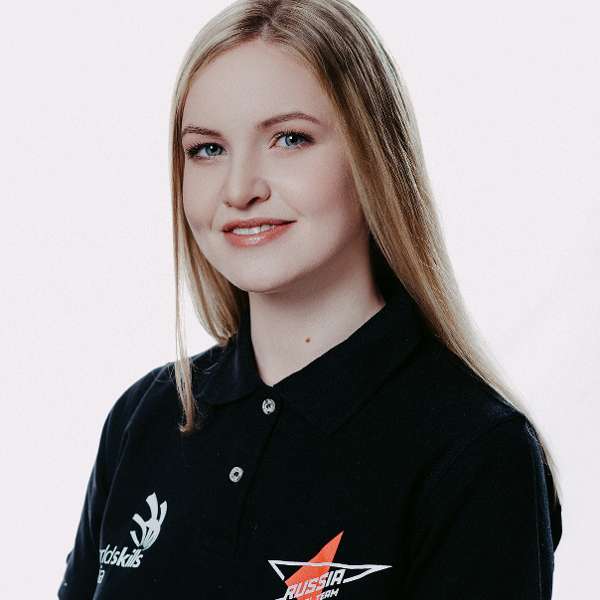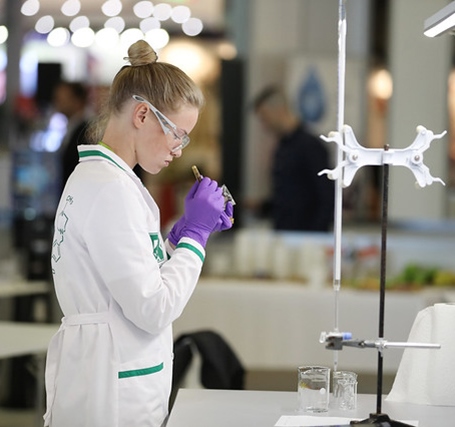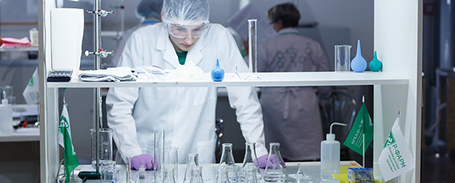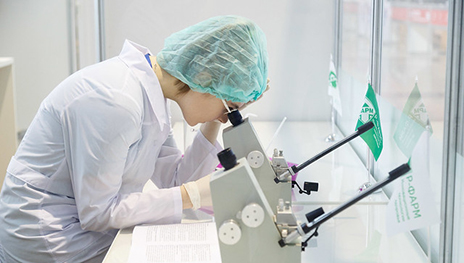Chemical Laboratory Technology
Laboratory chemical analysts study substances to determine their chemical composition for research or product development purposes. Chemical analysis is necessary to control the compliance of the properties of raw materials, intermediate stages of the technological process, and finished products with current standards.
Laboratory chemical analysts should be ready to determine the optimal tools and methods for the analysis of various natural and synthetic materials, to perform qualitative and quantitative tests using modern chemical and physico-chemical analytical methods. They need to be well-versed in chemistry and must have adequate knowledge of biology and physics. Critical thinking, time management, decision making, and problem-solving skills are also necessary for this career. Laboratory chemical analysts should be able to act logically and systematically, complying with sanitary and hygienic requirements and occupational safety and health standards.
Laboratory chemical analysts work in the chemical laboratories of quality control departments, research and development departments, or in environmental departments in plants in chemical, petrochemical and pharmaceutical industries. Greater interest in environmental issues, such as pollution control, clean energy, and sustainability, are expected to increase the demand for chemistry research and development.
Competitors and results

Anastasiia Kamneva
845

Pinja Harakkamäki
727

Daniela Carneiro
720











